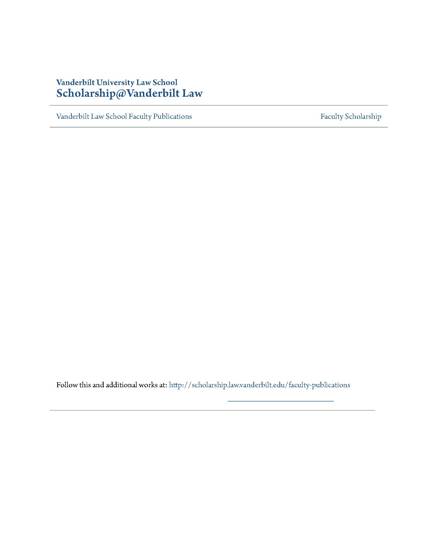
- international criminal law,
- complementarity
The Rome Statute nowhere defines the term "complementarity, " but the plain text of Article 1 compels the conclusion that the International Criminal Court was intended to supplement the foundation of domestic punishment for violations of international norms rather than supplant domestic prosecutions. The practice of complementarity may well be the fulcrum supporting the Court's long term legitimacy; and this principle is all the more important because it is designed to provide intellectual leverage to move non-States Party towards treaty accession. The Rome Statute curtails sovereign authority by displacing domestic trials only in exceptional circumstances, and it includes detailed procedural guidance designed to balance sovereign enforcement against unreasonable extensions of ICC prosecutorialp ower. In theory, complementarity is an impartial, reliable, and de-politicized process for identifying the cases of international concern, and hence supranational jurisdiction. The early practice of the ICC, however, indicates that the model of a healthy and cooperative synergy between the court and domestic states is in danger of being replaced by a model of competition. If complementarity becomes the vehicle for overriding the discretion of domestic officials and displacing their authority based on the preferences of the ICC Prosecutor of Pre-Trial Chambers, the original function of the complementarity principle will have been eviscerated. This Article summarizes the negotiation history of the admissibility regime and assesses its implementation in the early years of the Court. The Article concludes with the caution that the jurisprudence and practice of the ICC should not evolve to the point that domestic prosecutors make charging decisions in the faint hope that the ICC will accept the form of the charges or unduly abrogate prosecutorial discretion. An ICC that routinely overrides the good faith reasoning of domestic officials would inevitably face a crisis of confidence and cooperation.
Available at: http://works.bepress.com/michael_newton/14/
